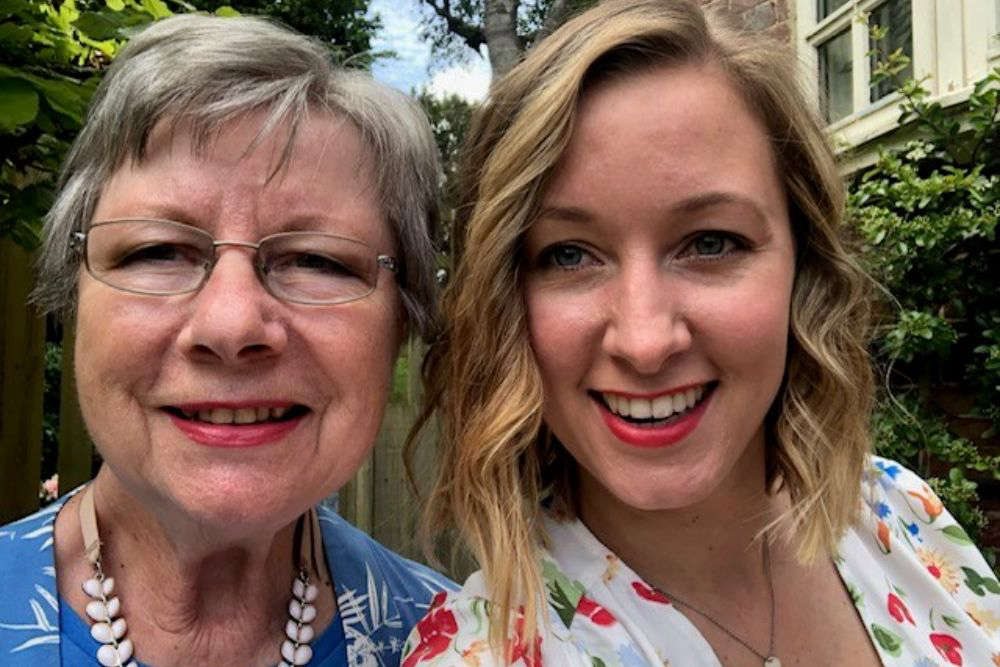
A Jersey mum is speaking out this Breast Cancer Awareness month about how genetic testing saved her life.
Margi Clarke watched her mum go through cancer three times growing up, before they were both told they were carriers of the BRCA gene after testing.
The genetic marker in women indicates a 70% chance those that have it will develop breast cancer by the age of 80.
After being diagnosed, Margi tells us this changed her outlook:
"It certainly helped knowing there was a higher risk. It is something I've always grown up with with my mum having cancer; it is something we knew about in the family and talked about anyway.
"But knowing I had the same risk, it meant I was a bit more vigilant and having those annual screening, MRI scans really sort of helped put my mind at ease as well."
READ MORE : Don't put off cervical cancer check
Margi also credits the genetic test, which is 30 years old this year, for saving her life:
"It was actually in one of those annual screenings that they picked up a very, very small amount of potential cancer at the time. I had an ultrasound and they did a biopsy at the time and it came out that it was cancer.
"I then had that lump removed and it was only actually 4mm of cancer that they found and I never felt it, I was completely unaware it was there and had it not been for those screenings, I don't know when I would have necessarily identified it and how much more serious it would have been.
"I think I would have had a very rocky ride compared to the little bit of surgery and radiotherapy that I did."
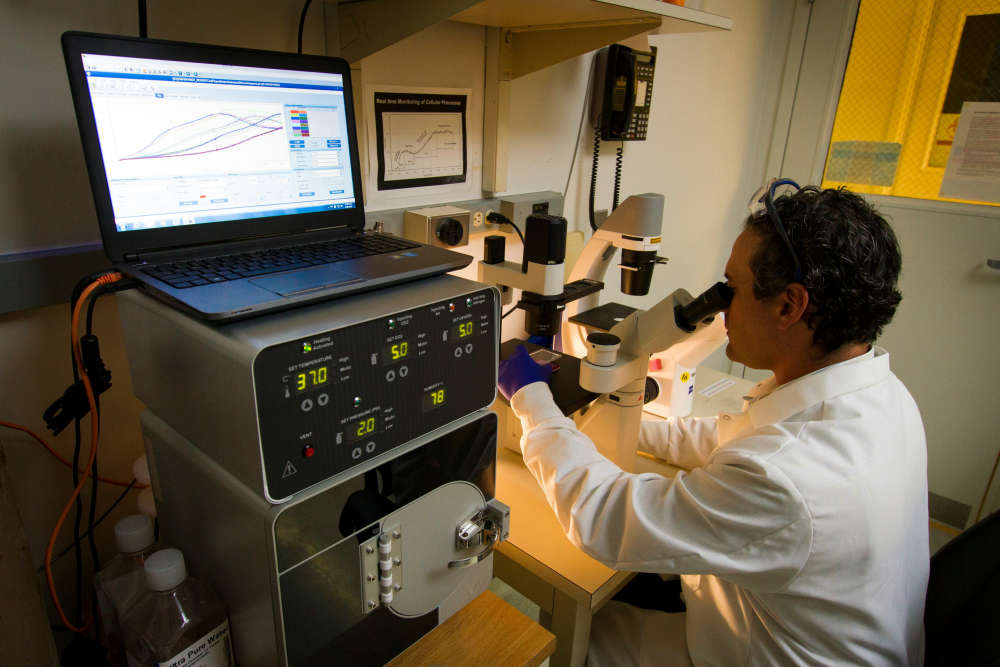 Cancer testing. Credit: The National Cancer Institute
Cancer testing. Credit: The National Cancer Institute
Looking forward, Margi wants to see more funding directed to Cancer Research UK so more advances, like genetic testing, can be developed:
"The work that Cancer Research do is incredible. I've certainly seen in the 30 years since my mum had her first cancers, my experience has been a million times better because of all the advances that they've made."
"I have a daughter myself and in the future she might be at risk, she'll opt for screening when she comes of age.
"But in 20 years' time, I imagine the advances we can potentially make between now and then will be amazing and I expect and hope that the experience she has will be a million times better than the experience I had, and certainly even more than my mum had.
"The work they do is incredible and if there is any chance of people being able to contribute towards that research, I would certainly encourage them to do that."


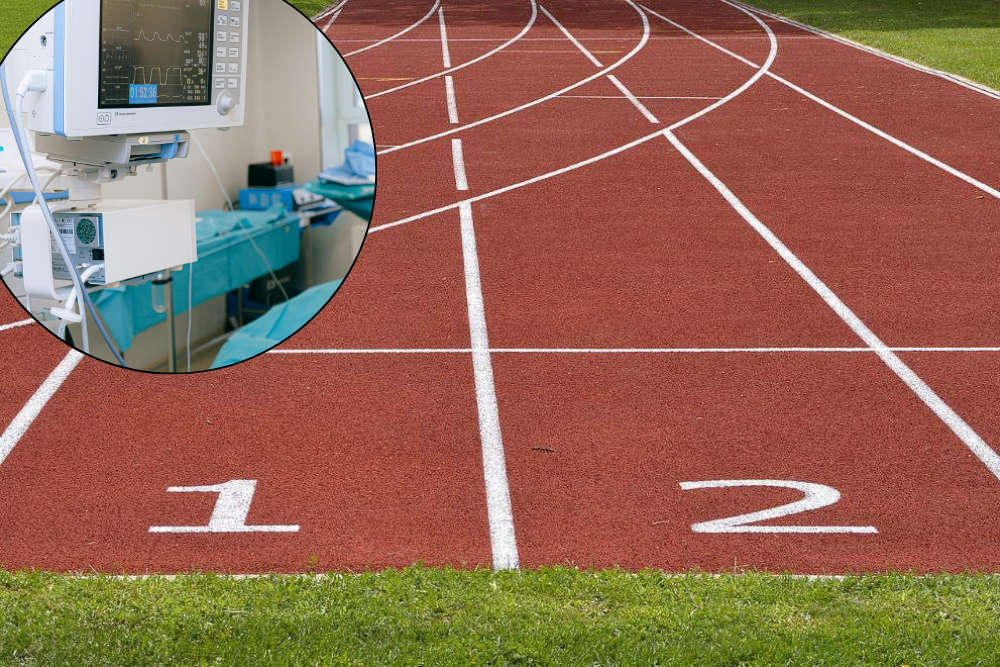 Jersey athlete, Lily McGarry, appeals for donations for prosthetic limbs
Jersey athlete, Lily McGarry, appeals for donations for prosthetic limbs
 Levante Jet makes maiden voyage to Jersey
Levante Jet makes maiden voyage to Jersey
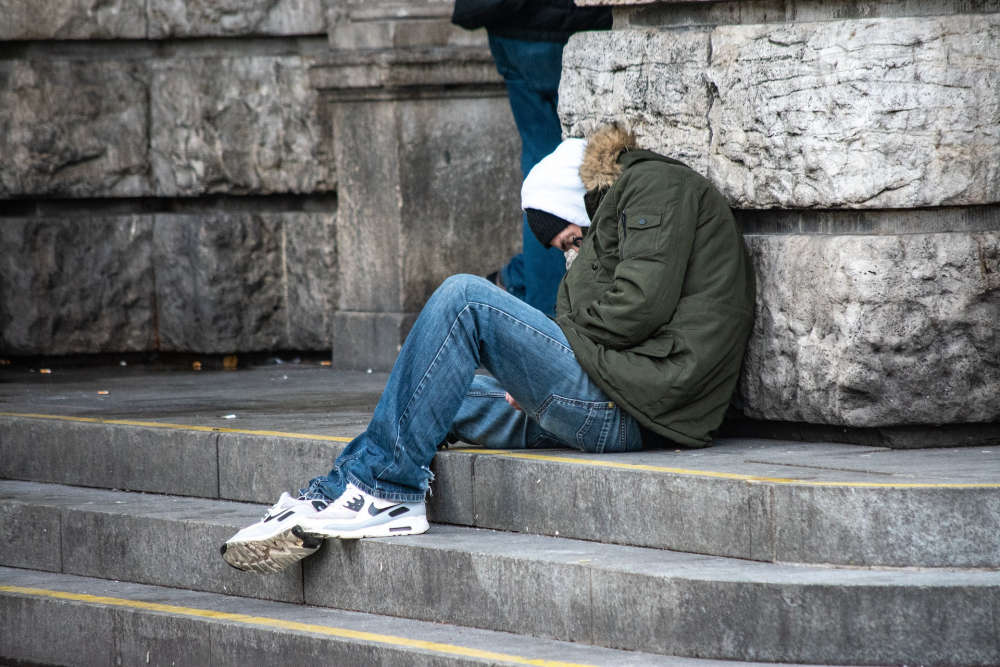 The split between working and non-working Jersey homeless is nearly 50/50
The split between working and non-working Jersey homeless is nearly 50/50
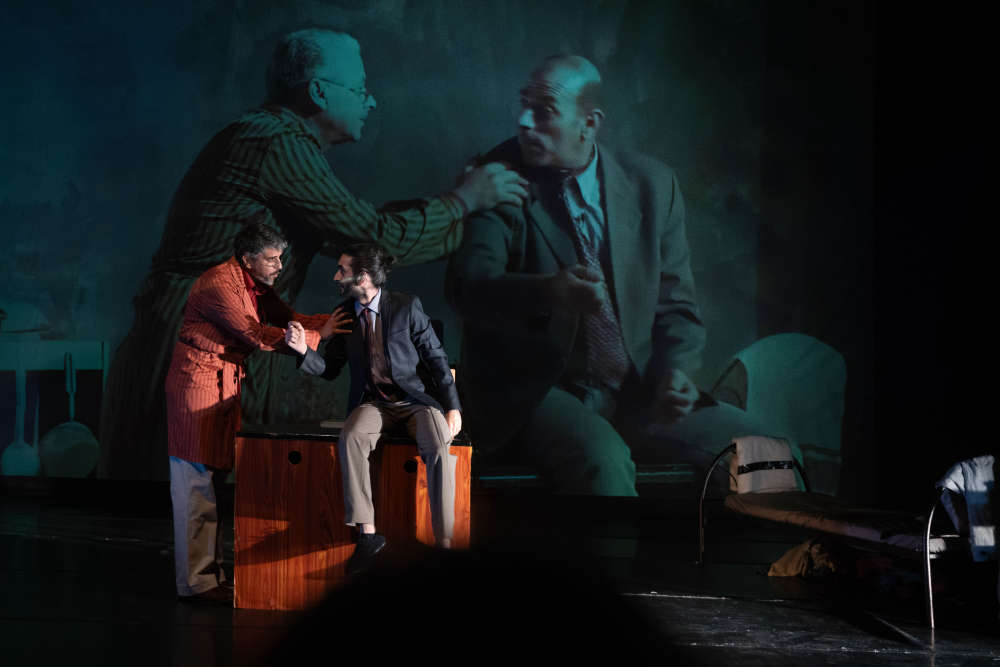 ArtHouse Jersey launches Liberation 80 exhibition
ArtHouse Jersey launches Liberation 80 exhibition
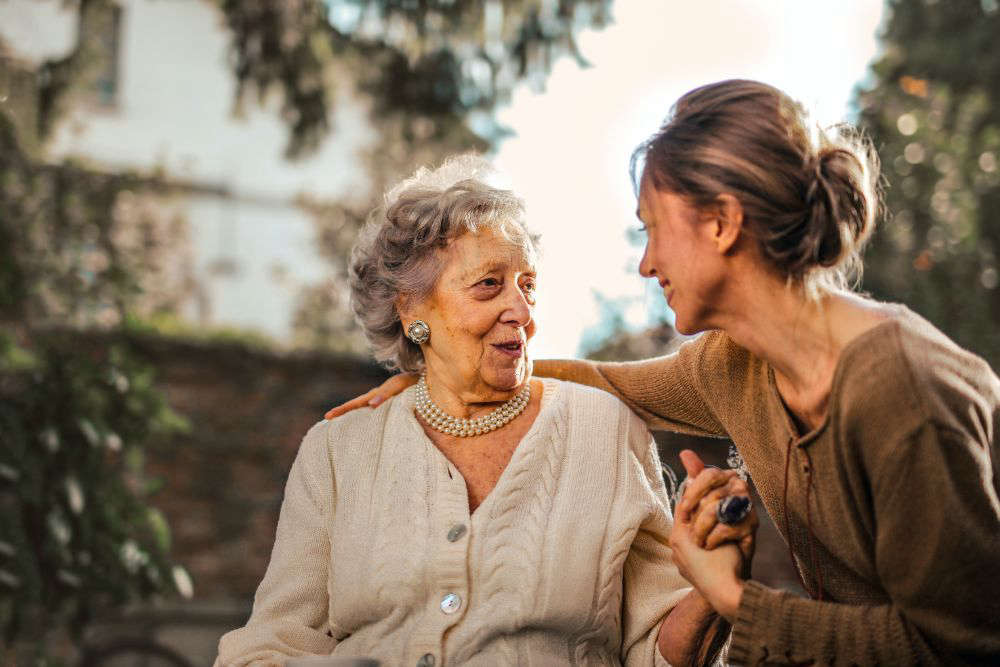 Carers offered free training sessions for dementia
Carers offered free training sessions for dementia
 Philip's Footprints introduces new 'Seymour Stroll'
Philip's Footprints introduces new 'Seymour Stroll'
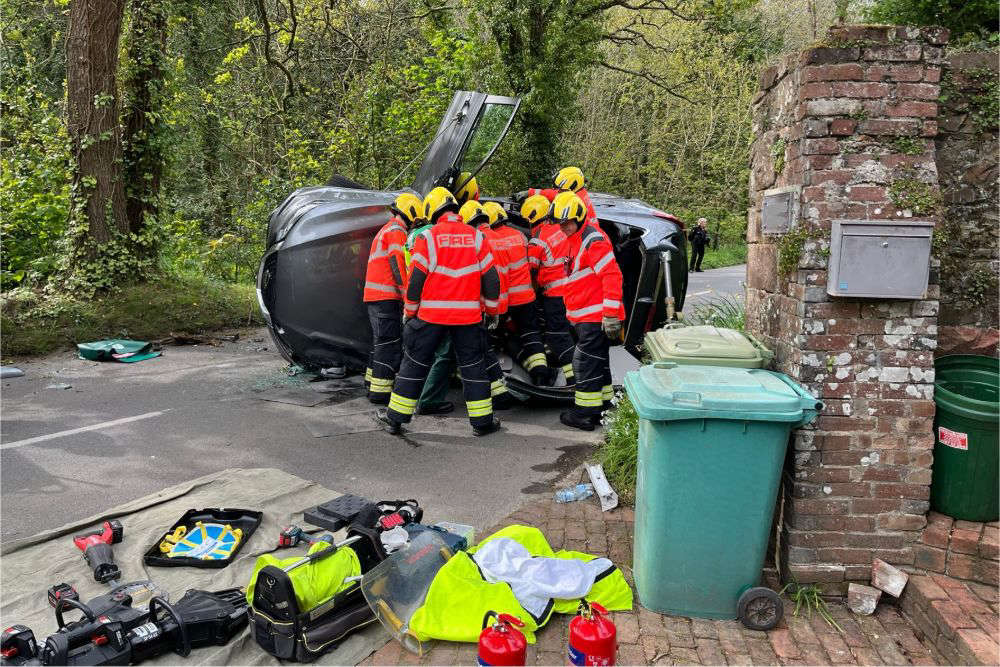 Firefighters save two islanders from serious St Peter car crash
Firefighters save two islanders from serious St Peter car crash
 New Channel Islands catamaran tests well in choppy seas
New Channel Islands catamaran tests well in choppy seas



